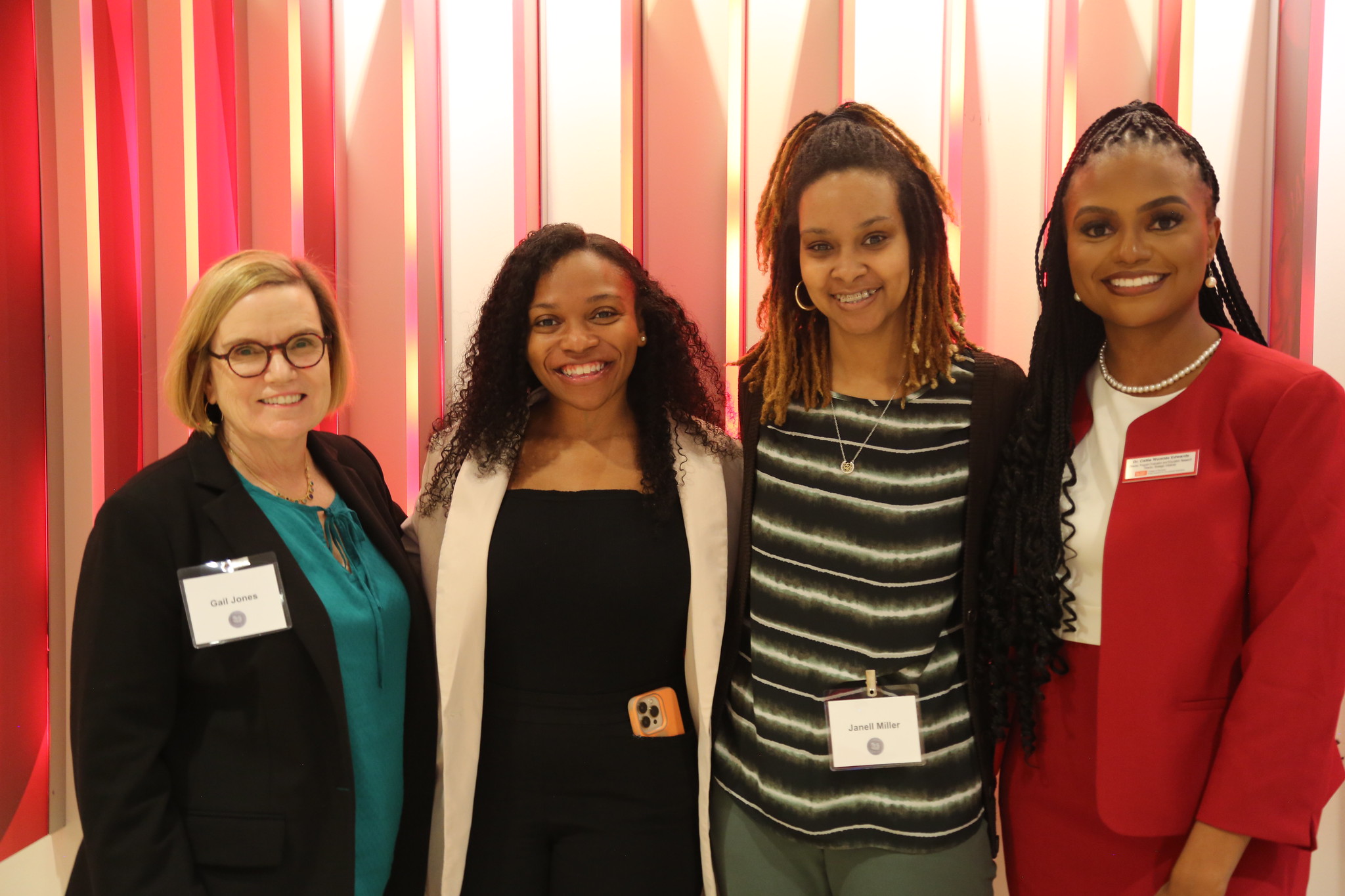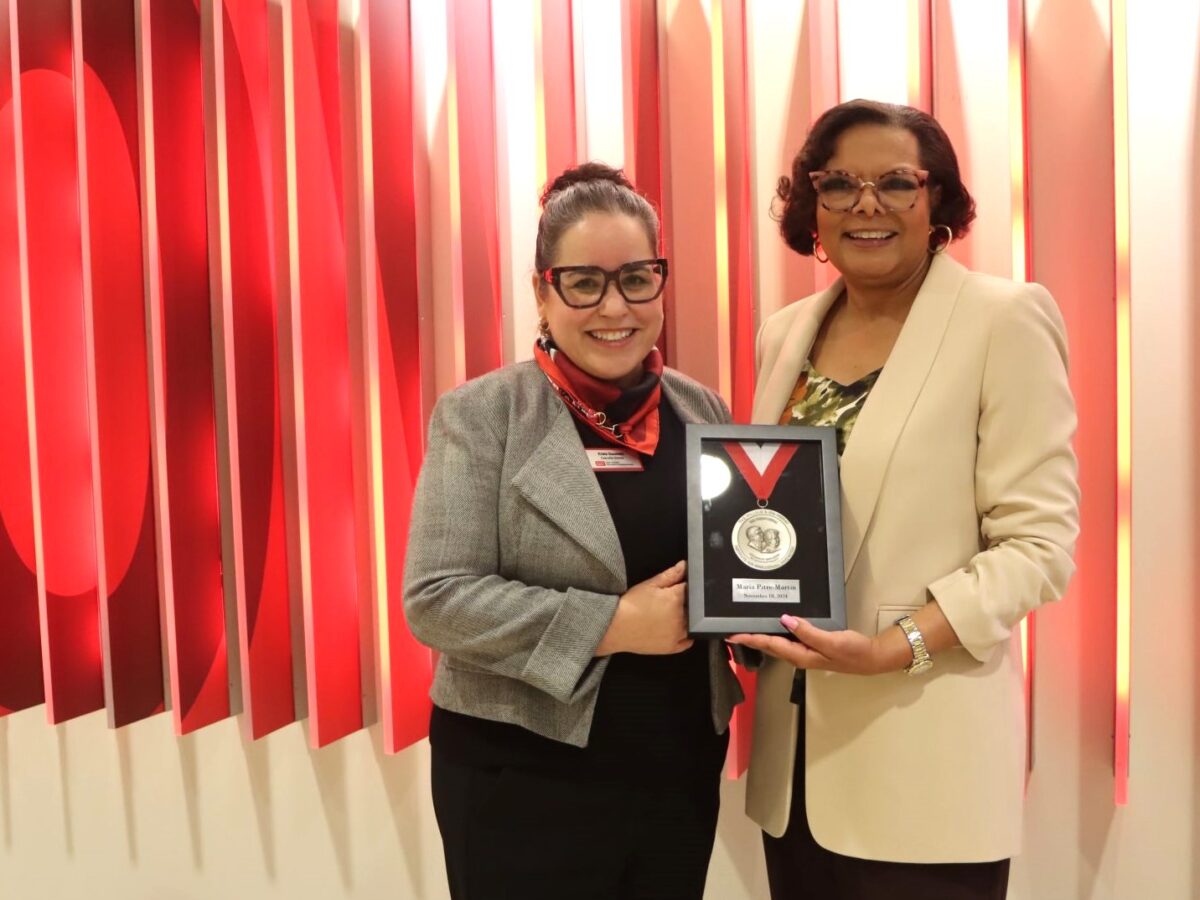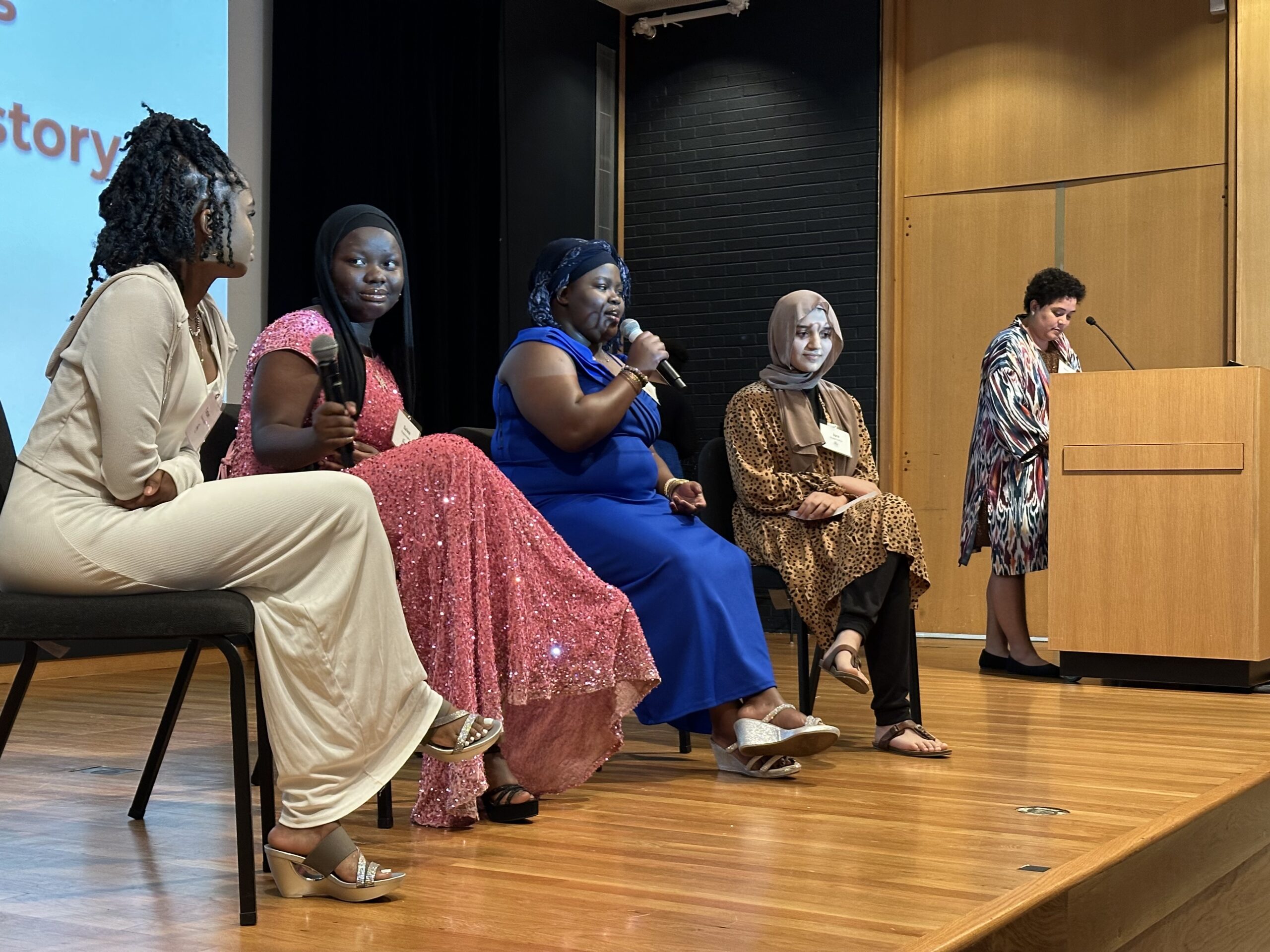Alumni Distinguished Graduate Professor Gail Jones to Lead Education Research Component of NC State’s $25 Million Grant-funded STEPS Center
NC State College of Education Alumni Distinguished Graduate Professor and Friday Institute for Educational Innovation Faculty Fellow Gail Jones, Ph.D., will lead the education research component of the new NSF Science and Technology Center– Science and Technologies for Phosphorus Sustainability (STEPS) — located on NC State’s Centennial Campus and funded by a $25 million grant.
The STEPS Center is a national research effort led by NC State and eight partner institutions to reduce dependence on mined phosphates and the amount of phosphorus that leaches into soil and water, with a focus on issues related to food security and environmental quality.
Researchers on the project explained current food production systems rely on phosphorus fertilizers, most of which originate from non-renewable phosphate deposits that are mined outside of the United States.
Once it’s in the food system, however, only 20% of this phosphorus is ultimately incorporated into the human diet because of multiple system losses and efficiencies, and the remainder accumulates in soils and freshwater sources. Without interventions like the STEPS Center, environmental, economic and sustainability issues related to phosphorus will continue to escalate as the world’s population grows.
The STEPS Center will allow researchers to work across disciplines to address the issue.
“Convergence research that addresses complex and challenging ‘wicked problems’ is new and little is known about how faculty and students engage in the cross-functional collaborations that will be required to do this critical work,” Jones said.
In her role as leader of the center’s educational research component, Jones will receive $569,883 of the five-year, $25 million grant from the National Science Foundation.
Her work will document and study how students develop core technical and transdisciplinary knowledge and how they learn to work on high-performing teams. She will also track students as they move through their graduate programs and document challenges, successes and the factors that contribute to their resiliency.
As the STEPS Center’s mission includes work to increase diversity in the STEM workforce, Jones will also be studying the experiences of women and underrepresented students as they engage in convergence research.
“With support from this grant, I plan to study students’ self-efficacy and academic self-concept and build a model that can inform the development of career interests and aspirations,” she said.
- Categories:


